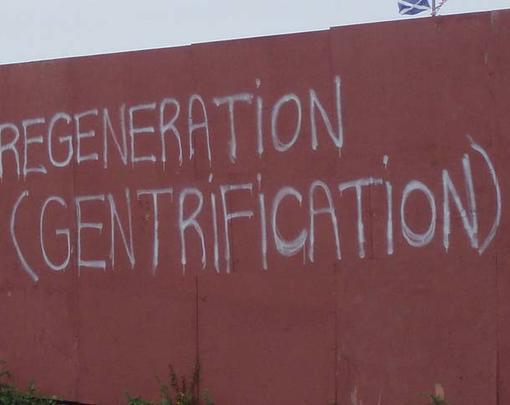The economic effects of the COVID-19 pandemic on the U.S. economy have helped increase support for bold public policy interventions that would reverse increased wealth concentration, keep money circulating in local communities, and focus economic aid on small businesses and communities harmed by systemic racism, according to an October 2020 poll commissioned by The Democracy Collaborative and YouGov.
The poll shows that elected officials have a broad mandate to pursue innovative strategies that move the nation toward a democratic economy in which wealth and power are shared broadly.
Some highlights from the poll, which was conducted on October 7-9:
- As small businesses continue to struggle to survive the economic disruptions of COVID-19, 70% of poll respondents agreed that “the government should be taking more action to keep a greater share of small businesses from closing or being acquired by big businesses like Amazon.” Also, 67% agreed with the statement that there needs to be “specific government interventions to rebuild the small, community-based business sector.”
- Majorities support using “local economy preservation funds” to protect and rebuild local business ecosystems. These funds would use public dollars to buy ownership stakes in small businesses and hold those stakes until the economy improves. Support for the creation of such funds stands at 54% at the local level, 53% at the state level and 45% at the federal level.
- An even greater percentage, 75%, would support a government program that would foster the creation of local businesses that would manufacture such items as protective personal equipment for local hospitals and institutions.
- In terms of how local business support should be targeted, 76% would support prioritizing employee-owned businesses, 74% those owned by community members, and 64% by people of color. However, only 23% would support top-down economic development approaches that would prioritize large corporations and private equity.
- There is strong support for requiring anchor institutions—large enterprises such as hospitals and universities that are “anchored” to their communities—to buy local: 47% said they should buy as much as possible from local businesses even if it cost a little more; 35% said institutions should prioritize cost even at the expense of sending money out of the community.
- Since the onset of the COVID-19 pandemic, 58% of poll respondents said they were more willing “to support government provision of basic services like health care, housing, utilities, and internet” rather than leaving these services exclusively to the private sector. Specifically with regard to broadband, and the digital divide exposed by the shift to working and schooling at home, 68% would support “a public option for high-speed broadband internet that would replace or compete with corporate-owned broadband or cable companies to help guarantee affordable internet access.” Also, 55% agreed with the statement that “housing is a human right, and that the government should be responsible for creating enough housing that everyone who needs housing can find a home they can afford to rent or buy.”
- When asked about federal funding on COVID-19 vaccine research, 65% agreed federal funds should be invested in “a vaccine developed by a federal agency that would be available to everyone at a minimal cost,” instead of the current practice of directing spending to private companies, who could then set the price and profit margin for the vaccine.
- If a fossil fuel company faced bankruptcy and approached the federal government for a bailout, 50% would support conditioning that aid on a requirement that the company “shift [its] production to 100% renewable energy as quickly as reasonably possible.”
- Some specific restorative justice actions to address systemic racism have broad majority support. They include Increase investment in Black community institutions and historically Black colleges (61%); requiring companies to adopt specific diversity, equity and inclusion practices (53%); and requiring financial institutions to increase investment in Black communities (52%).
The poll is based on online interviews of 1,054 registered voters and has a margin of error of ±4%.
Download the full national poll results.
Download the slide presentation.




